The human body needs numerous minerals and trace elements to live. Since he cannot produce most of the active ingredients that are essential for him, they have to be supplied to the body with the diet. That also counts Calcium (calcium).
Effect of calcium (calcium)
.jpg)
Minerals, vitamins and trace elements influence each other. Therefore the correct interaction of all these active ingredients is necessary so that they are optimally available to the body.
Calcium (calcium) is a mineral that occurs frequently in nature and is contained in numerous foods. It is indispensable for humans, but also for plants and animals. Calcium is absorbed through the intestines and incorporated into the body through vitamin D, among other things.
The body's own hormones help. The daily calcium requirement of an adult is around 800 milligrams. There is an increased need during pregnancy and while breastfeeding.
meaning
Is indispensable calcium for building bones and teeth. Even with infants and young children, care is generally taken to ensure that the diet contains sufficient calcium and that children exercise enough outdoors.
The mineral should be available to the body throughout life. Physical activity in the fresh air is also important for life. A high calcium intake alone is not enough. Moderate, age-appropriate exercise is therefore essential.
In order for the mineral to be optimally incorporated into the body, it needs, among other things, vitamin D. The body can produce this vitamin, which belongs to the group of fat-soluble vitamins, itself. Vitamin D is produced in the human body under the influence of physical activity in the sunshine.
Long-term calcium deficiency threatens osteoporosis in old age. Other diseases are caused by a lack of calcium. If the body does not get enough calcium in the growth phase, for example bone softening and rickets can be further consequences of the calcium deficiency. Over-excitability of the nervous system and muscles (tetany) can occur. Dental health also suffers when the body does not get enough calcium.
Calcium absorption can be difficult at times. Coffee, alcohol and drinks containing sugar (e.g. cola) prevent the absorption of the mineral for some time. Magnesium also has this function. It is often enough to consume foods containing calcium with a time lag from those that hinder the absorption of calcium.
Therefore, if you do a lot of sport and therefore also consume magnesium, you should also think about calcium and take both minerals with a time lag. Another antagonist of calcium is potassium. Among other things, it is responsible for the excretion of water in the body. The more water the body loses, the more calcium is also excreted.
Occurrence in food
Calcium (calcium) is found in many foods. It's mostly found in dairy products. Long-matured cheeses such as Parmesan, Emmentaler, Gouda medium or old contain a particularly high amount of calcium.
It is of course contained in whole and skimmed milk, as well as in yoghurt and quark. Those who want to reduce their weight and therefore eat fewer calories are particularly at risk of not getting enough calcium.
But people who suffer from lactose intolerance or an allergy to cow's milk also have to supply the body with calcium in other ways. For example, with a calcium-containing mineral water.
Almost all vegetables and fruits contain calcium in small amounts. Vegetables that contain plenty of calcium are kale, broccoli, endive, chard, leek and spinach.

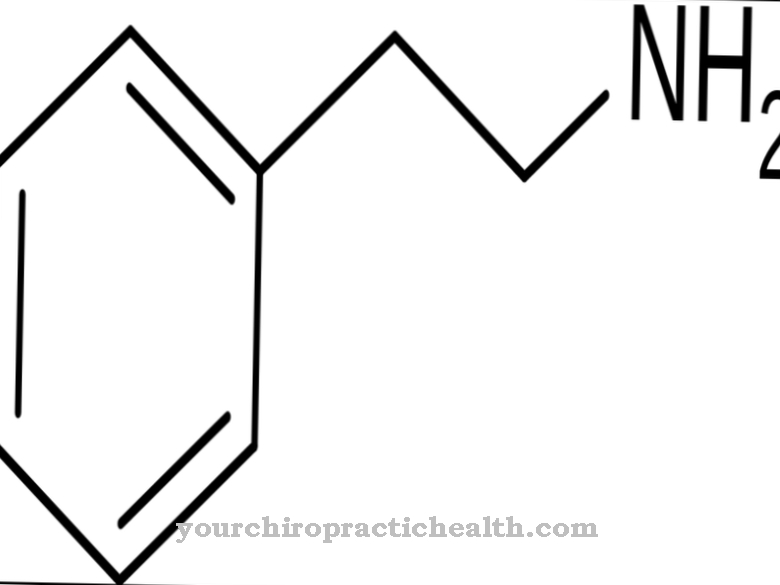
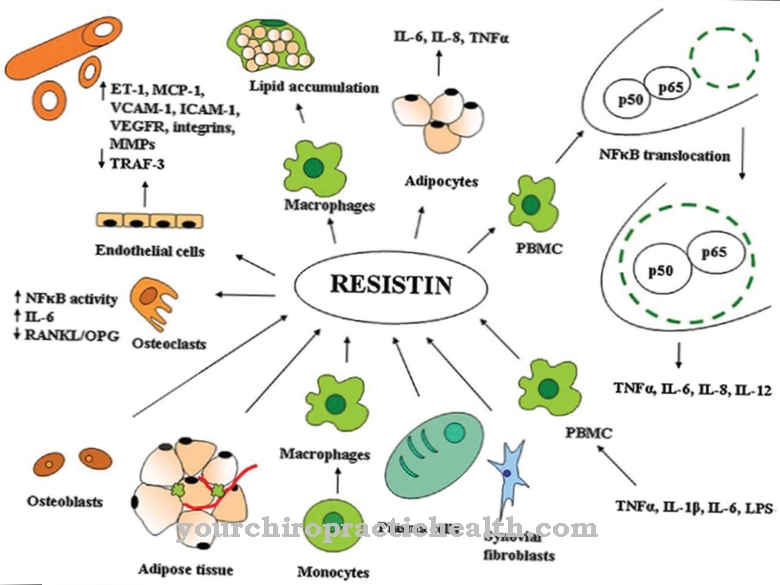
.jpg)
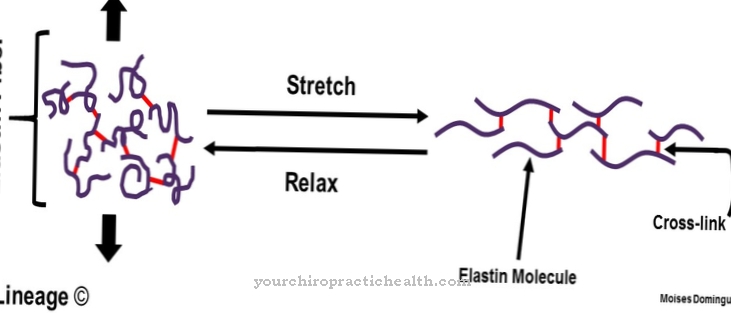
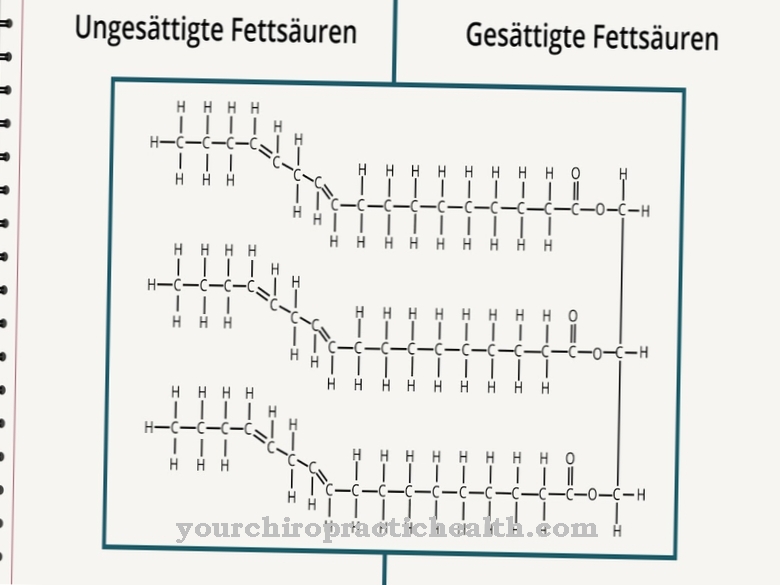
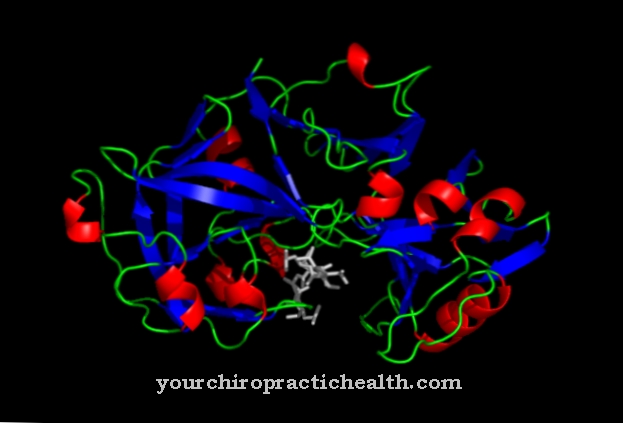

















.jpg)



